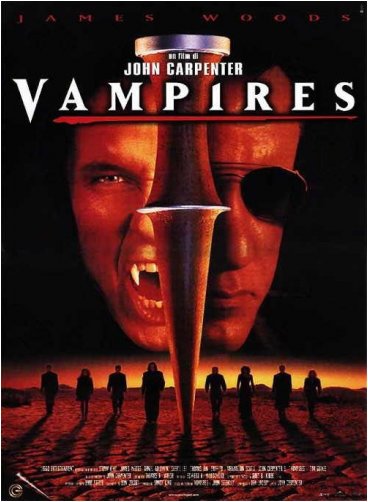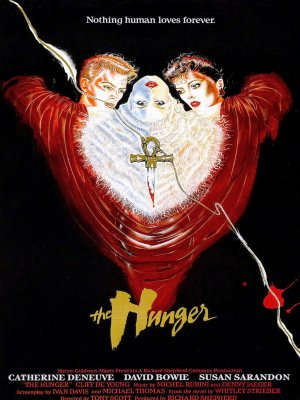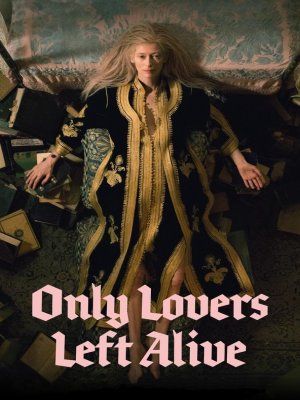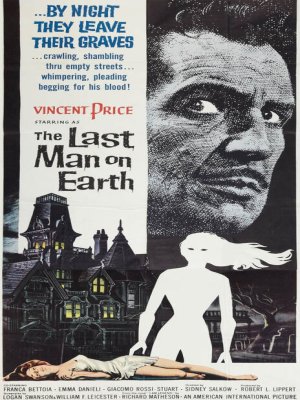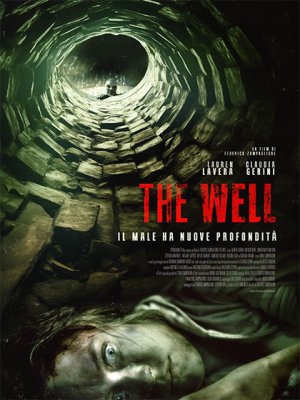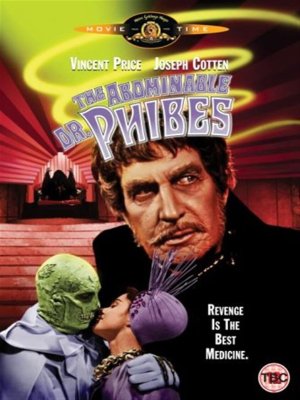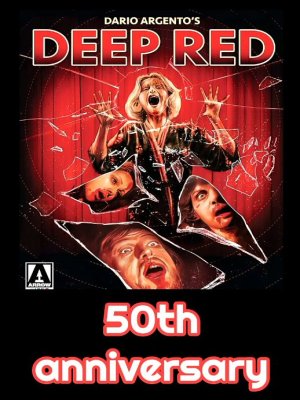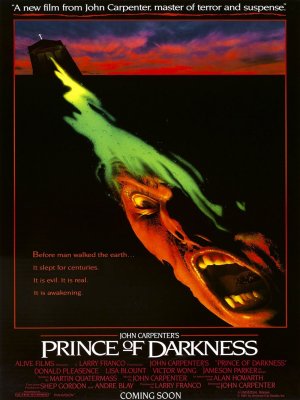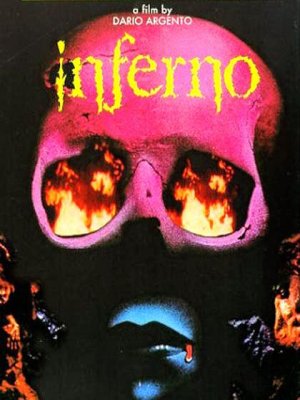Vampires
Jack Crow leads a team that hunts vampires on behalf of the Vatican. During the celebrations for the success of a "hunting expedition", something goes wrong: a very ancient and powerful vampire breaks into the room killing everyone except Jack and his faithful friend Montoya. Who revealed their plans to the enemy? And why do the high prelates contradictorily respond to their request for help? The twists and turns are not lacking not only in the development of the plot but also in the psychological evolutions of the protagonists, which remind us of the often fleeting boundaries between true and false, right and wrong, enemy and friend.
Jack Crow is much more than a vampire hunter. He is a war machine that considers vampires as the embodiment of Evil and teammates as soldiers to be strictly trained so that they never fail. The Vatican monitors him from afar, assists him through specially trained priests, and supports him economically. This unlikely but functional partnership between this sort of crepuscular cow boy and one of the most important religious institutions in the world undergoes a stop when the ancient and powerful Valek breaks into the room where a vampire hunting party is celebrating, making a killing.
Jack Crow's collaborators all die, except his friend and colleague Anthony Montoya (loyal to the last despite the vampirising wound he desperately seeks to cure). When the Vatican, instead of indulging Jack's thirst for justice and revenge, threatens to dismiss him, the vampire hunter is at a crossroads: should he obey (as the Catholic Church would require), or should he punish vampires at all costs, to honor the promise he made to himself when, as a child, he witnessed the atrocious death of his parents?
Carpenter smartly seizes the opportunity offered by the homonymous novel by John Steakley to play with opposites in a brilliant and unpredictable way, creating an original goth-western atmosphere (as well as an exciting soundtrack!). The nocturnal and rotten "life" of vampires spectacularly contrasts with the diurnal - literally burned by the sun - antagonism of the hunters. The pale vampires, inhuman in their physical strength but rather human in their aspirations, thanks to the tragedy secretly experienced by Montoya, progressively lose their original connotation of monstrosity, insinuating into the viewer some doubts about the real possibility of definitively identifying the border between good and bad, between ourselves and others.
The happy James Wood - Daniel Baldwin pairing (respectively in Jack Crow's and Montoya's roles) represents the alleged purity of the good as opposed to the murky contamination represented by the Montoya - Katrina couple.
Thanks to Wood's masterly and inflexible interpretation, the viewer is more easily induced to identify with the sensitive and duty-bound Montoya, that is the character who allows the psychological evolution of the plot from the original Manichaean point of view. Through his history, the twilight towards which our paladins move their uncertain steps becomes a metaphor of the other shadow, of Jungian origin, in which people "bury" everything that their consciousness does not consider acceptable or respectable.
Perhaps this is why the film, when it came out in theaters, literally split both the critics and the spectators in two. But as the good Crow finally undestands, there are many forms of good, and sooner or later one of these wins. Even in the form of a career award for a great director, for example (…any resemblance to the Carrosse d'Or - finally - received by Carpenter during the Cannes Film Festival 2019 is, of course, entirely accidental!).


